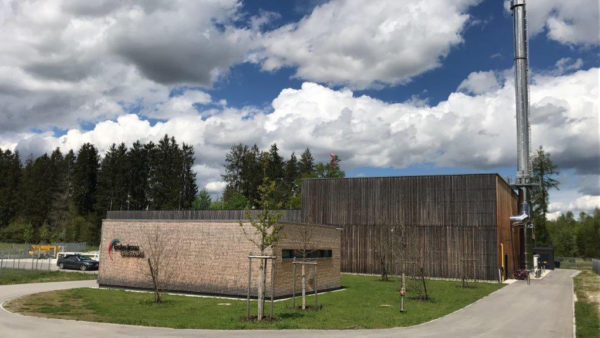
The Nieri Department of Construction, Development and Planning at South Carolina’s Clemson University has enjoyed a 100% job placement rate for its undergraduate construction science and management majors for the past 10 years.
It says the key to that success has been its twice-yearly career fairs, which last month drew more than 90 companies to woo about the same number of prospective construction graduates.
The fair is only open to companies in the department’s corporate partner programme.
Each company paid at least $5,000 just to attend.
“The competition for students is fierce,” said Brad Hutto, vice president of operations at Holder Construction, and chair of the department’s Industry Advisory Board.
“The industry demand far exceeds what the university systems are able to provide, quite frankly,” Hutto added.
Practical focus
One of the graduating seniors is Gracie Crosby, who has already secured a job with Trident Construction as a project engineer.
She met her future boss at a career fair when she was in her second year, leading to two internships with Trident.
“I have friends who struggle to just find an internship because their programs just don’t have what we have,” she said.
“Our department faculty sets us up for success. They use very practical examples in their teaching, and they always relate it to the industry.”
Alumni network
Senior Rhame Honeycutt had a similar experience.
In his second year, he met Clemson class-of-2019 alumnus, Michael Benko at the career fair, who recruited him for Thompson Turner Construction after two internships.
“I got really close with him,” Honeycutt said.
“He graduated from the same programme I did and took all the same coursework, so he’s a great mentor for me, not only professionally, but outside of the workplace as well.”
Crosby and Honeycutt came to the department via different routes.
Crosby grew up on a construction site because her parents built houses.
She enrolled in the Tri-County Technical College’s “Bridge to Clemson” programme.
Like about half the department’s seniors, Honeycutt arrived at Clemson unsure of what career he wanted, enrolling initially in an engineering degree.
“I realised that wasn’t my path,” he said. “It wasn’t something I wanted to take into a career, so I utilised the Michelin Career Center, and I met with several mentors who led me to this sort of project management career.”
Not enough space
Brad Hutto of Holder Construction said Clemson gives students foundational knowledge but that employers invest in skill development for specific jobs.
Department chair Mike Jackson said the Industry Advisory Board helps match students with jobs.
“We try to ensure that the transition from college to industry is seamless for our majors, and our corporate sponsors make that possible,” he said.
“From the minute our students enter our programme, they belong not just to the Clemson Family, but to a thriving construction community that is going to invest in their future.”
He and Hutto both noted that the only constraint on the programme’s growth is limited space.






